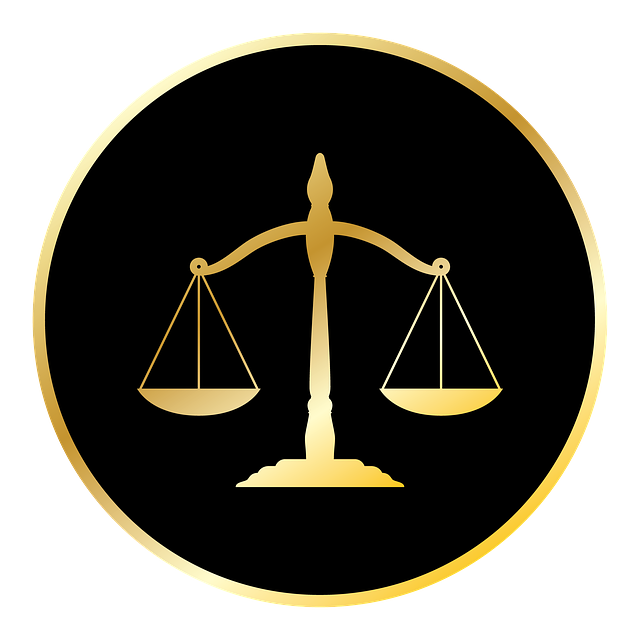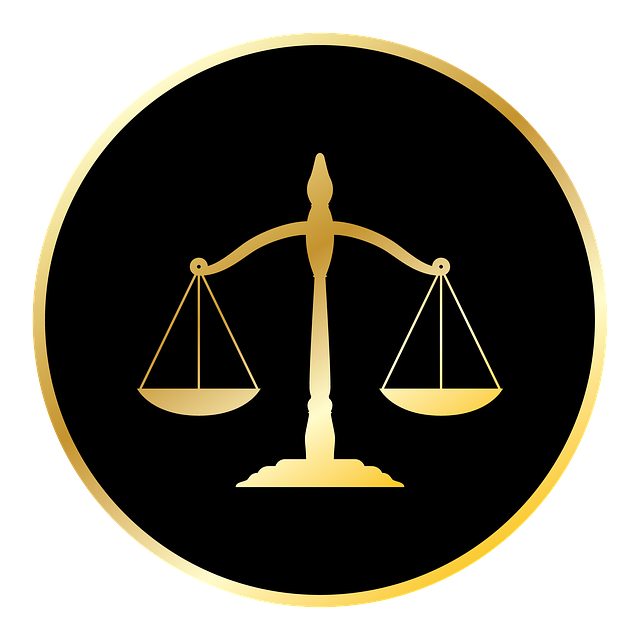
Category: Arvada Colorado Bankruptcy Lawyer
Arvada Colorado Bankruptcy Lawyer: A Comprehensive Guide
Introduction
In the intricate landscape of legal services, specialized professionals play pivotal roles in guiding individuals and businesses through financial crises. Among these experts, the Arvada Colorado Bankruptcy Lawyer stands out as a beacon of hope for those facing overwhelming debt. This article aims to provide an in-depth exploration of this critical profession, unraveling its multifaceted aspects, historical evolution, and global impact. By delving into various facets, from economic implications to technological innovations, readers will gain invaluable insights into the world of bankruptcy law and its practitioners in Arvada, Colorado.
Understanding Arvada Colorado Bankruptcy Lawyer
Definition: An Arvada Colorado Bankruptcy Lawyer is a legal professional specializing in navigating the complexities of federal bankruptcy laws. They assist individuals, businesses, and organizations in managing and resolving substantial debt through legally prescribed procedures. Their expertise lies in guiding clients through different types of bankruptcy, including Chapter 7, Chapter 13, and business-specific options, to achieve financial restructuring or fresh starts.
Core Components:
- Legal Expertise: These lawyers possess an extensive understanding of federal and state bankruptcy laws, regulations, and procedures. They stay abreast of legislative changes, ensuring their strategies align with current legal frameworks.
- Debt Management: A primary role involves assessing clients’ financial situations, advising on debt repayment options, and developing strategies to negotiate with creditors.
- Legal Representation: Bankruptcy lawyers represent clients in court proceedings, filing necessary documents, and advocating for their rights throughout the process.
- Financial Counseling: Many practitioners offer pre- and post-bankruptcy counseling, helping clients understand their financial obligations and make informed decisions.
Historical Context: The modern bankruptcy law in the United States has its roots in the 1800s when various state laws provided debt relief mechanisms. The Bankruptcy Act of 1898 established a uniform federal system, marking a significant milestone. Over time, the law evolved to address changing economic landscapes, with landmark acts like the Bankruptcy Reform Act of 1978 and the more recent Bankruptcy Code amendments in 2005. In Arvada, Colorado, as in many places across the nation, bankruptcy lawyers have been integral to helping residents navigate financial challenges since these laws took effect.
Significance: In today’s complex economic environment, personal and business bankruptcies are on the rise. Arvada Colorado Bankruptcy Lawyers play a crucial role in:
- Debt Relief: They provide a legal avenue for individuals and businesses to discharge or reorganize debt, offering a fresh start.
- Financial Stability: By guiding clients through bankruptcy proceedings, these lawyers help restore financial stability and prevent further deterioration.
- Creditor Negotiation: Their expertise enables them to negotiate with creditors on behalf of clients, seeking favorable terms and reducing the overall impact of debt.
Global Impact and Trends
International Influence: While bankruptcy laws vary across countries, the principles and practices have spread globally. The International Insolvency Institute (III) promotes cooperation and shared knowledge among insolvency professionals worldwide. Arvada’s practitioners contribute to this global network, sharing insights and learning from international counterparts, which enriches their practice.
Key Trends:
- Rising Personal Bankruptcies: Globally, personal bankruptcies have increased due to economic downturns and rising living costs. This trend is reflected in Arvada, where individuals seek legal assistance to manage mounting debt.
- Business Insolvency: The COVID-19 pandemic accelerated business closures and insolvencies worldwide. Bankruptcy lawyers in Arvada have been instrumental in guiding businesses through these challenging times.
- Cross-Border Insolvency: With globalization, cross-border insolvency cases are on the rise, requiring practitioners to possess international knowledge and skills.
- Technology Integration: The adoption of technology, such as online document filing and virtual court proceedings, has become a global trend, streamlining bankruptcy processes.
Economic Considerations
Market Dynamics: The Arvada Colorado Bankruptcy Lawyer market is influenced by regional economic conditions. During economic downturns, the demand for their services typically increases as individuals and businesses face financial distress. Conversely, robust economic periods may see lower bankruptcy rates, impacting practice volumes.
Investment Patterns: Investors in the legal sector consider the stability and growth potential of bankruptcy law. In Arvada, a strong local economy coupled with a stable legal environment makes it an attractive market for legal services, including bankruptcy representation.
Economic Impact: These lawyers contribute to economic recovery by facilitating debt resolution. Successful bankruptcies can release funds, stimulate spending, and support business reinvestment. However, they also impact the broader economy through reduced consumer spending and potential job losses in affected industries.
Technological Advancements
Online Services: The digital transformation has revolutionized bankruptcy practices. Online legal service platforms provide initial consultations, document preparation tools, and case management systems. These technologies enhance accessibility and efficiency for both practitioners and clients.
Case Management Software: Specialized software streamlines case handling, allowing lawyers to track deadlines, manage documents, and communicate with clients securely. This technology improves productivity and ensures compliance with legal requirements.
Virtual Court Proceedings: The COVID-19 pandemic accelerated the adoption of virtual hearings, enabling practitioners to represent clients remotely. While challenges exist, this trend is expected to continue, particularly for less complex cases.
Blockchain and Smart Contracts: Emerging technologies like blockchain offer potential solutions for secure document sharing and automated contract execution. These innovations could streamline bankruptcy processes further, enhancing security and efficiency.
Legal Challenges and Ethical Considerations
Complex Cases: Bankruptcy lawyers often encounter intricate legal issues, including disputes over asset valuation, complex business structures, and cross-border insolvencies. Continuous learning and expertise are essential to navigate these challenges successfully.
Ethical Obligations: Practitioners must adhere to strict ethical standards, maintaining client confidentiality, avoiding conflicts of interest, and ensuring transparency in all dealings. The American Bar Association (ABA) Code of Professional Responsibility guides Arvada lawyers in upholding these principles.
Client Education: Educating clients about their rights and responsibilities is vital. Lawyers play a critical role in guiding clients through the sometimes-confusing bankruptcy process, ensuring they make informed decisions.
Building a Successful Practice
Specialization and Niche Markets: Developing expertise in specific areas of bankruptcy law can set practitioners apart. Niche markets, such as student loan debt or small business bankruptcies, offer specialized services that cater to unique client needs.
Marketing Strategies: Effective marketing involves building a strong online presence, leveraging referrals from other professionals, and engaging in local community events to raise awareness about bankruptcy services.
Client Relationship Management: Building strong client relationships is key to long-term success. Prompt response times, clear communication, and personalized service foster trust and encourage repeat business or referrals.
Conclusion
The Arvada Colorado Bankruptcy Lawyer plays a vital role in supporting individuals, businesses, and organizations through financial crises. With the evolving legal landscape and technological advancements, these practitioners must stay adaptable and well-informed. By understanding their unique challenges and leveraging available resources, they can continue to provide essential services, ensuring that those in need find a path toward financial stability and recovery.









